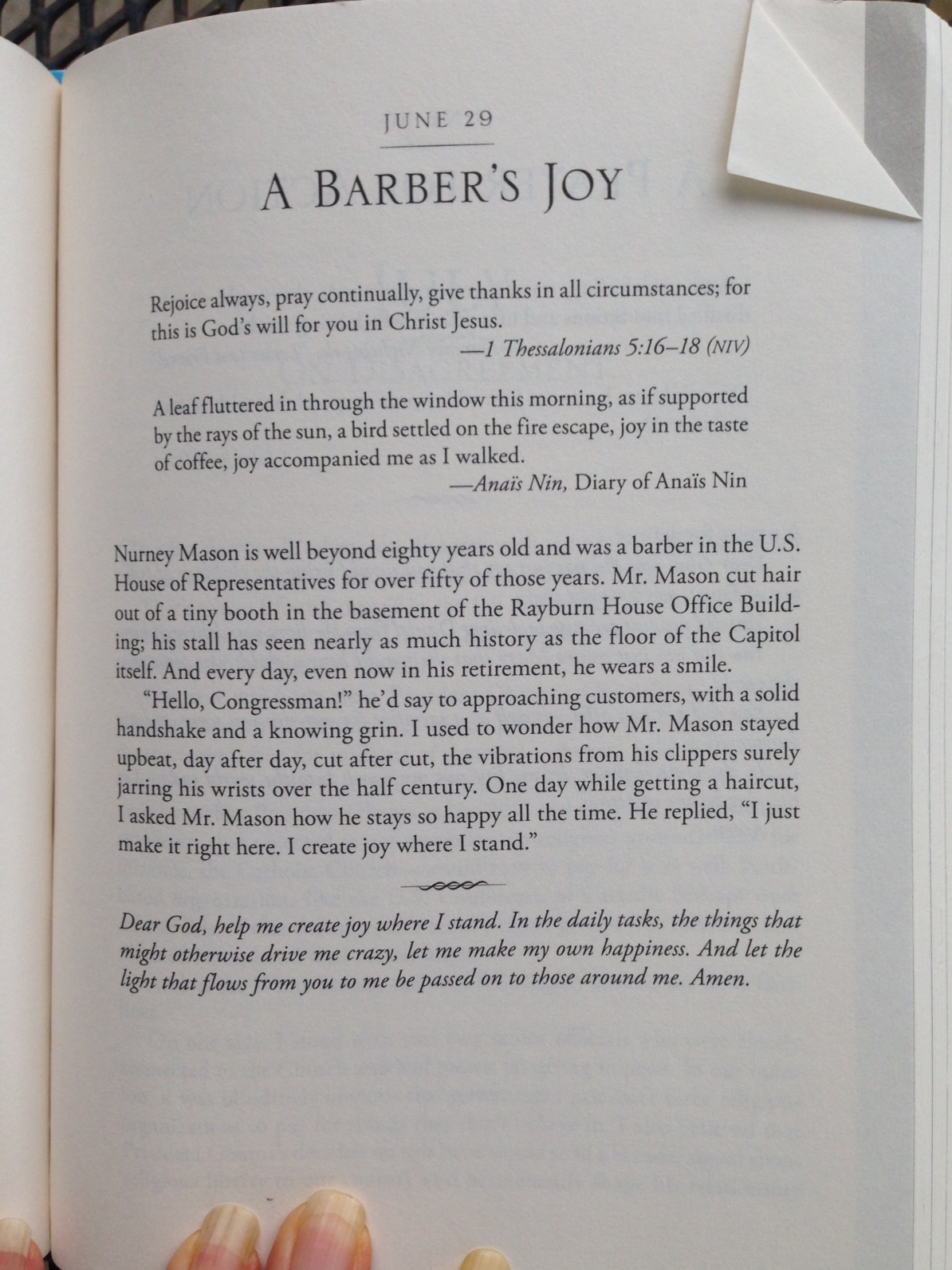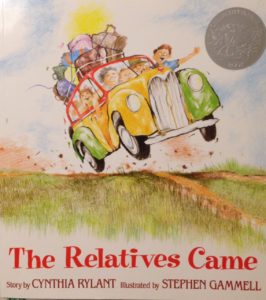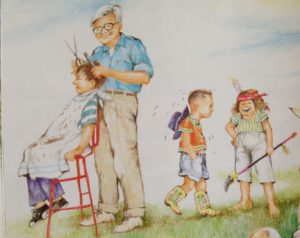 A leaf fluttered in through the window this morning, as if supported by the rays of the sun, a bird settled on the fire escape, joy in the taste of coffee, joy accompanied me as I walked. ~ Anais Nin, Diary of Anais Nin
A leaf fluttered in through the window this morning, as if supported by the rays of the sun, a bird settled on the fire escape, joy in the taste of coffee, joy accompanied me as I walked. ~ Anais Nin, Diary of Anais Nin
One of the gifts given to me by cancer was singularly ordinary moments experienced as pure and simple joy. These moments came most often sitting on our back porch, just looking out at the back yard and the greenbelt beyond and seeing and feeling what was there. A bird at the feeder. Butterflies at a flower. A symphony of birdsong. A soft breeze with a particular cool lightness. And I would smile. And it felt like joy.
My weirdest experience of this was at the dentist’s office. If you are going to have a stem cell transplant, your dentist has to give the okay. I was sitting in the examination room waiting for her to return with my paperwork and I was overcome by a sense of happiness. I don’t know why. Nothing had transpired between us to make me feel joyful. I hate going to the dentist and procrastinate for years rather than going for annual checkups. Not exactly my happy place. So why was I happy? I have no clue. But in that ordinary moment, a smile and a glad heart were my response.
 Years have passed now, but these unexplained and unanticipated moments of joy still visit me now and then. I was moved to write this because it happened a few moments ago. Just sitting on the back porch, watching some wispy clouds move through a blue sky, partially blocked by the leaves and branches of the trees in our back yard. A few butterflies circling each other or hanging on a limb, looking more like a leaf than a butterfly. Then a light breeze, with just a slight coolness touched my face and it felt so good. What could I do but smile at the moment and soak it in?
Years have passed now, but these unexplained and unanticipated moments of joy still visit me now and then. I was moved to write this because it happened a few moments ago. Just sitting on the back porch, watching some wispy clouds move through a blue sky, partially blocked by the leaves and branches of the trees in our back yard. A few butterflies circling each other or hanging on a limb, looking more like a leaf than a butterfly. Then a light breeze, with just a slight coolness touched my face and it felt so good. What could I do but smile at the moment and soak it in?
A few minutes later, I looked through the daily devotional book I’ve been using this year – a gift from a friend when I was in the hospital for the transplant. I didn’t read it then, but this has been the perfect year for it. I flipped back through the book for pages I have dog-eared and stumbled on a page with the quote used at the beginning of this post. A poetic response to little moments of joy.
Here is the full devotional for June 29, The President’s Devotional by Joshua Dubois



